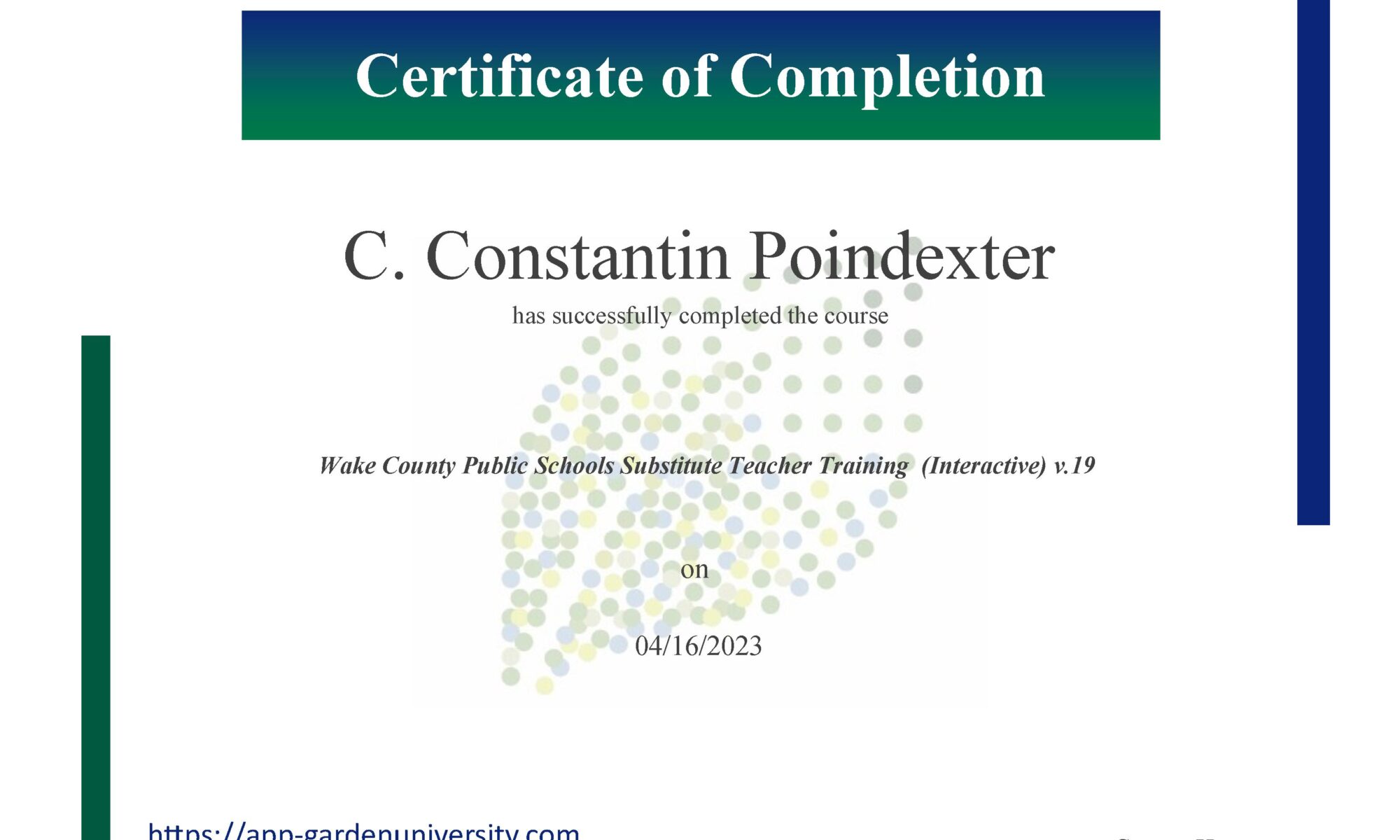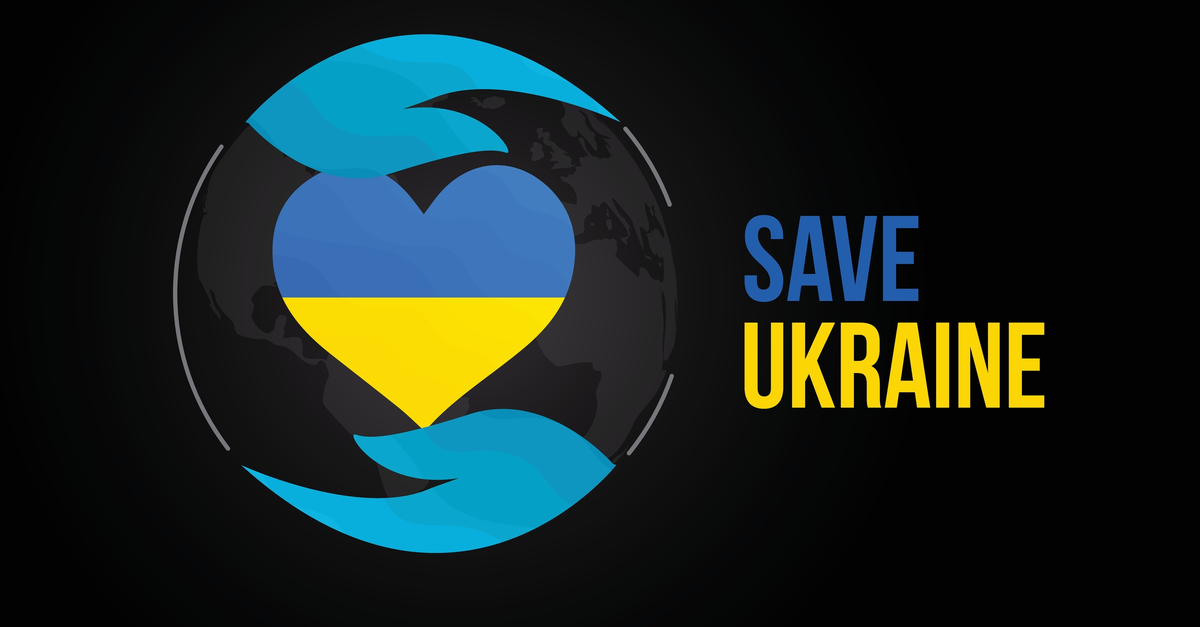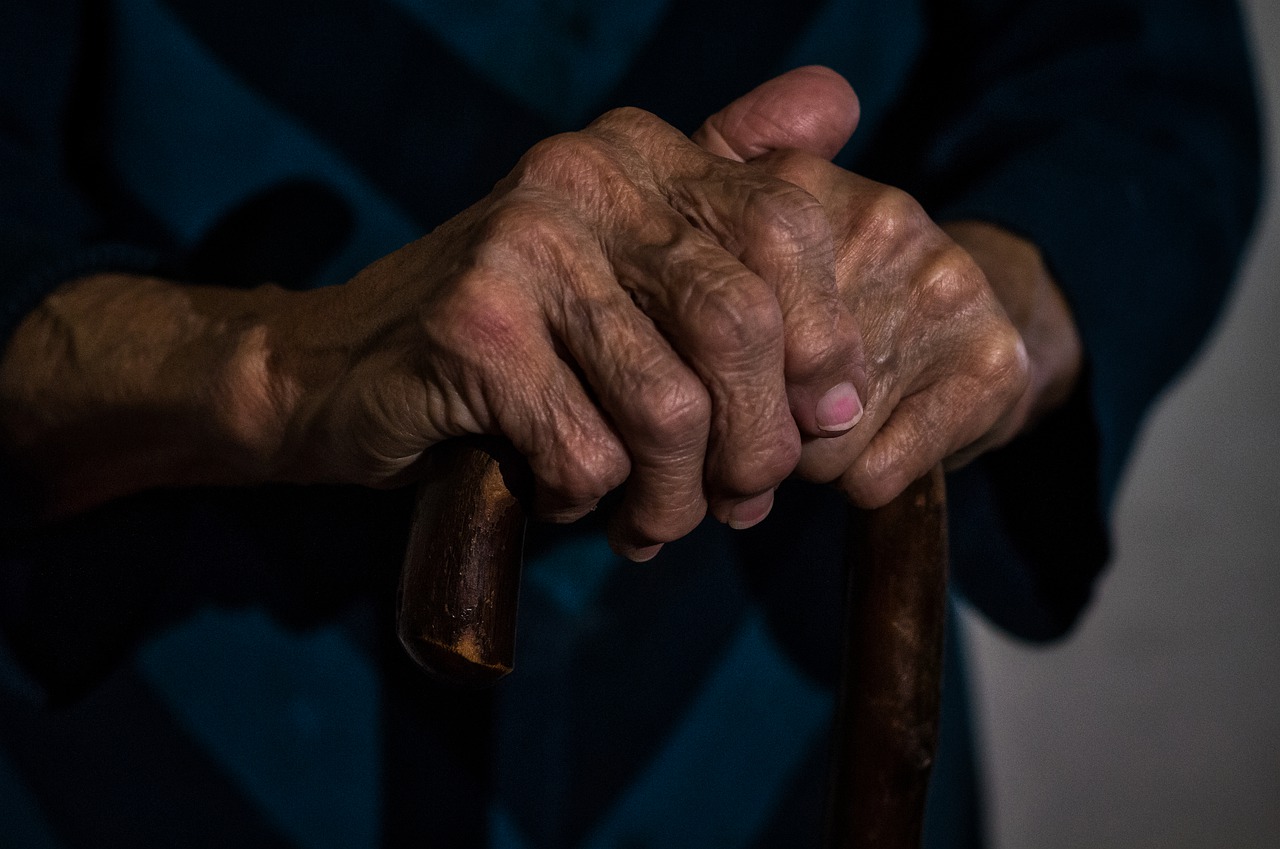OSINT is as ancient as written word. I suppose that there were cuniform tablets that were exchanged between Phoenician government functionaries, both public and sensitive that adversaries coveted. The Greeks were particularly good at intelligence. There is a really good book about it written by Frank Santi Russell. It’s super interesting to see what value a first-generation democracy put on information gathering. What is without question is that OSINT is valuable. Wild Bill Donovan said, “Even a regimented press will, again and again, betray their nation’s best interests to a painstaking observer.”
Like the other INTs, there are some definitions that most practitioners have settled on to describe OSINT. Information collected from the “wherever” is generally not intelligence. It is data or simply information. Intelligence is generally an analyzed and polished product that CONTAINS information. The Department of Defense defines OSINT under ¨§931 of Title Nine, “Open-source intelligence (OSINT) is intelligence that is produced from publicly available information and is collected, exploited, and disseminated in a timely manner to an appropriate audience for the purpose of addressing a specific intelligence requirement.” (50 U.S.C.) The Hassan and Hjazi publication which offered this statutory definition verbatim HOWEVER they added what I think are some really important distinctions of what composes OSINT (“components” as Dr. Saar has highlighted.), as follows, “, . . .
*Open-source data
*Open-source information
*Open-source intelligence
*Validated open-source intelligence”
These components are important not only for context and precedence, adhering to the currently accepted intelligence cycle, etc., but also to offer a framework for practitioners of other INTs to identify where to offer input, and from whence to retrieve reliable and timely data, information and/or intelligence for their own purposes.
OSINT has progressed over time, but not in its essential nature. OSINT has essentially existed since cavemen roamed the earth. Ug of the ooga booga tribe probably eavesdropped on conversation between the huti huchi tribesemen to discover where the best mastodon hunting ground was. Obviously, this oversimplifies something that is actually quite sophisticated now, . . . or is it? We now have written word and motions images á la the ubiquitous YouTube, but is observation and pondering (analysis) of those observations really an innovation? My position is that OSINT really hasn’t changed at all. The medium for presentation (or mass dissemination) of information, the sophistication of the sensors that we use to collect information, the volume of collection and the high-speed computer-driven analysis of the information have changed, NOT OSINT.
There are clear advantages to the development and deployment of a rigorous OSINT capability. First and foremost is risk. Passive OSINT presents almost no risk at to either the discovery of the inquiry and the fallout if collection is discovered. Done properly, OSINT projects are discovered by the betrayal of a practitioner. An intelligence manager must consider the likelihood of discovery and the severity of loss due to discovery. OSINT falls low on the risk index. It’s just smart business.
Another big benefit but as the same time, a serious challenge is the volume of data or information. The benefit of volume is generally an increased reliability of product. There are plenty of disinformation operations in the world’o’sphere but in a massive pool of data an enormous effort and resources are required to drown out factual information. Also, a really big pool offers the input of a broad variety of assets or sources. The diversity REALLY helps stabilize analyst’s effort to draw reliable conclusions. The negative of course is how to warehouse and process the huge, HUGE amount of data that an OSINT mission or tasking might produce. This is and will be solved by quantum computing but the OSINT discipline also benefits from the less rigorous processing that a technical INT might require. The Norton piece spoke specifically to the “volume” conundrum along with the vetting challenge. “OSINT is challenging because of its volume and because each piece of information must be verified or “vetted,” often in unique ways.” (Norton, 2011, p. 66)
Among the list of advantages, “shareability” is also important. Not only is dissemination of OSINT product helpful and perhaps imperative among members of the Intelligence Community. It can also be superlatively supportive our allies, the countries with whom we share special liaison or allied service relationships. There is little risk to “sources and methods” with regard to OSINT. The real risk of improper or over-dissemination of OSINT is tipping our hand as to what is important to us AND prejudicing the asset or source, ie., U.S. Adversary: “You are looking at “x”? Oh! You must have some strategic or tactical interest in “x”! We’d better look into shutting off that faucet and since it’s important to YOU, then we’d better figure out a countermeasure.” Russian FIS does this, . . . regularly.
There are some other positive qualities of OSINT, i.e., gives a baseline for understanding the results of more sensitive information collected clandestinely; timeliness, as open sources are often in open competition as to who can “break the story” first; a great enhancement to cultural and ethnic understanding, etc., however the three main attributes above I think are the most valuable and relevant.
I need to give a hat-tip to a crowdsourcing article. The author has offered a neat little diagram to identify it but the author’s statement, “Crowdsourced Intelligence is arguably a separate collection discipline from HUMINT or OSINT collection.” (Stottlemyre, 2015) I feel is prescient. I’m not sure that this fits neatly within the OSINT discipline, most especially if the source is a member of an adversarial government, military or FIS. There are also a lot of wildcards in here, i.e., crowd motivation, crowd identity, or whether it’s really a “crowd” or not. This one merits a deeper look.
Waters, Nick, “Google Maps Is a Better Spy Than James Bond”, Foreign Policy, September 25th, 2018. https://foreignpolicy.com/2018/09/25/google-maps-is-a-better-spy-than-james-bond/#:~:text=In%20the%20words%20of%20William,interests%20to%20a%20painstaking%20observer.%E2%80%9D
Norton, Dr. R.A., “Guide to Open Source Intelligence: A Growing Window into the World”, Journal of Intelligence Studies”, vol. 18, no. 2, Winter/Spring 2011
Stottlemyre, Steven A., “HUMINT, OSINT, or Something New? Defining Crowdsourced Intelligence”, International Journal of Intelligence and Counterintelligence, vol. 28, iss. 3, 2015










